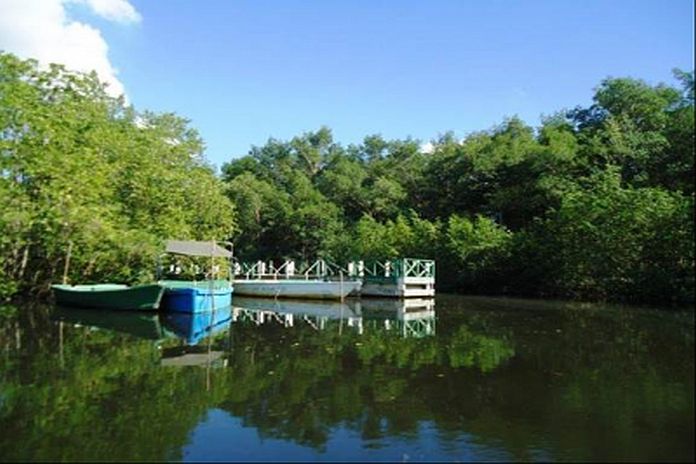PORT OF SPAIN, Trinidad – An estimated TT$18.8 million in revenue was generated from the sale of fruits and vegetables across six protected areas in Trinidad and Tobago in one year, from October 2018 to September 2019. This is according to a socio-economic survey, which formed part of the Improving Forest and Protected Area Management in Trinidad and Tobago (IFPAMTT) initiative.
The full results of the survey are contained in a report on the Socio-Economic Study Related to Protected Areas in Trinidad and Tobago, recently released by the ministry of planning and development, in collaboration with the Central Statistical Office, Food and Agriculture Organization of the United Nations (FAO/UN) and a technical backstopping team of economists.
As the first of its kind in Trinidad and Tobago, to ensure statistical rigour, the data collection was conducted by the Central Statistical Office and the data analysis by the team of economists. This survey illustrates the interaction between communities and the ecosystems on which they depend, as well as their current use of nature and its products, otherwise known as provisioning ecosystem services. The survey aimed to provide an overview of the multiple roles of forests on the welfare and livelihood of households living in or around each of six designated Pilot Protected Areas (PPAs) in Trinidad and Tobago.
The ministry of planning and development is of the view that the promotion of local and international nature-based tourism, alongside the involvement of local communities as tour operators and managers of biological assets, is central to the conservation of ecosystems as well as the development of the country’s economy.
It is intended that the results will be used to develop cost-effective tools and support systems for the conservation of the six important ecosystems surveyed, namely Caroni Swamp, Nariva Swamp, Matura Forest, Trinity Hills Game Sanctuary, the Main Ridge Forest Reserve and the North-East Tobago Marine Area.
This study reiterated that as a renewable resource, protected areas must be comprehensively understood to identify the vast social and economic benefits that stand to be derived from their sustainable management. The report also reveals that over TT$115,000 in revenue was generated from the legal sale of game meats from the surveyed areas. Information like this is crucial to assist the government in achieving the goals set out in Theme V of Vision 2030, which places the environment at the centre of social and economic development and in particular, in improving natural resource management.
The overall IFPAMTT project is the government’s direct response to the FAO to help in the prevention of biodiversity loss in Trinidad and Tobago and improving the governance of environmentally sensitive and protected areas.
Under the National Protected Areas Policy (2011) the designation and management of protected areas allow for multiple channels of national growth and development, including the conservation of natural heritage, and ecosystem diversity; conservation of the country’s cultural, spiritual/religious and historical heritage; and provisions towards sustainable livelihoods and human well-being, including opportunities for resource mobilization, education and recreation.
The overall project validates that protected areas represent a significant renewable resource in Trinidad and Tobago which provides social and economic benefits in addition to environmental benefits. The biological resources of Trinidad and Tobago play a key role in providing support to agriculture, fishing, hunting, timber extraction, recreation, tourism and culture, inviting a sustained focus on industries within the primary sector as a necessary economic driver.
To access the Socio-Economic Study Related to Protected Areas in Trinidad and Tobago Report visit.
For more information on the Improving Forest and Protected Area Management in Trinidad and Tobago (IFPAMTT) project visit.





